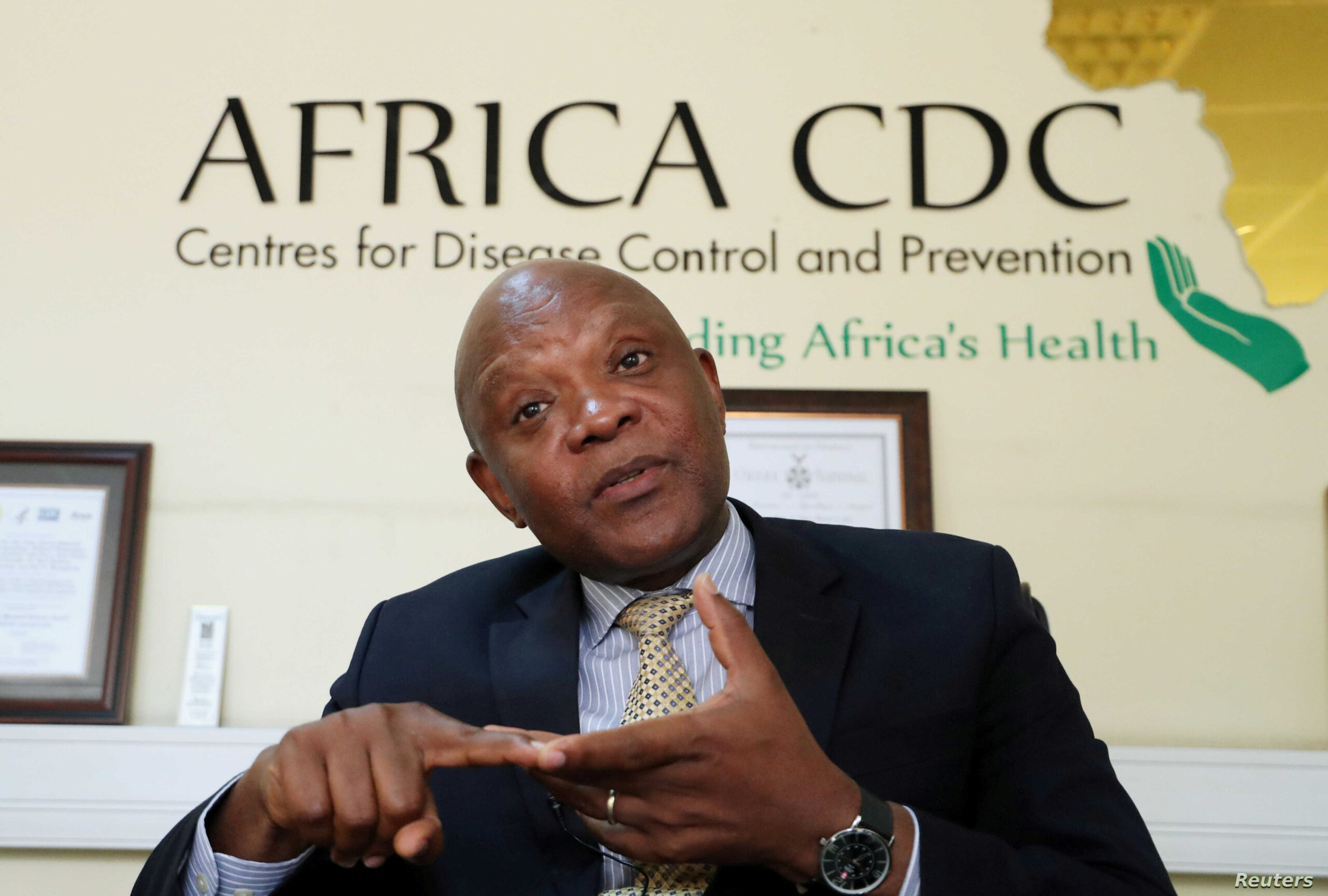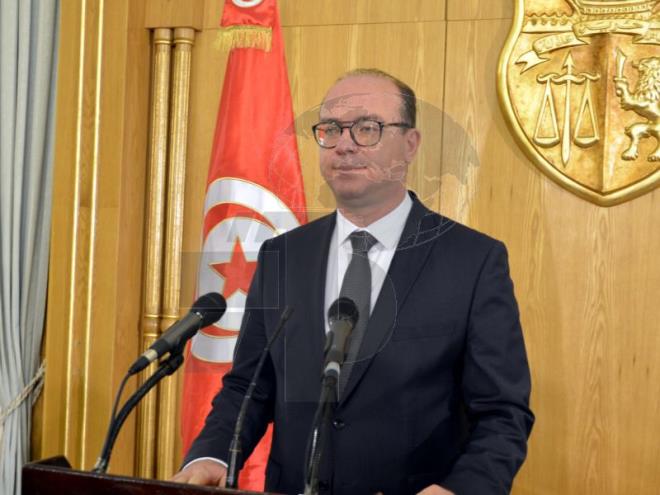A clear divide has emerged in Africa’s public-private partnership (PPP) landscape, with five nations, including Morocco and Egypt, establishing themselves as continental leaders while others face significant challenges in attracting and managing private investment for public infrastructure.
Morocco, which is part of the leaders’ tier, has developed a holistic strategy centered around landmark achievements in high-speed rail and renewable energy, supported by its 2014 PPP law and investor-friendly one-stop shops.
Egypt is also part of this tier with its mature PPP legislation and Asset Monetization Program, focusing on energy and transportation projects with substantial support from international financial institutions.
Ghana’s specialized institutions and innovative contract clauses have positioned it among the leaders, particularly in mining and urban infrastructure, while Nigeria leverages its infrastructure deficit as a catalyst for PPP growth in highways, energy, and telecommunications. South Africa rounds out the top performers with its common law advantages and transparent partnerships in healthcare, education, and energy.
A second tier of emerging PPP markets includes Rwanda, which has carved out innovative niches despite lacking specific PPP legislation, highlighting its Bugesera Airport project with the African Development Bank. Côte d’Ivoire benefits from European support in water, energy, and public infrastructure sectors, while Burundi shows promise in mining-focused partnerships.
Meanwhile, several nations continue to struggle with PPP implementation. Senegal faces limitations from rigid frameworks and poorly adapted laws. Algeria’s restrictive environment and distrust of foreign investors have hampered progress despite potential in energy infrastructure. The Democratic Republic of Congo battles opaque governance and insufficient institutional expertise, while Comoros remains dependent on international aid with high transaction costs.
These disparities underscore the importance of tailored legal frameworks, institutional capacity, and investor-friendly environments in successful PPP implementation across the continent, with the African Legal Support Facility (ALSF) playing a crucial role in supporting developing markets.



